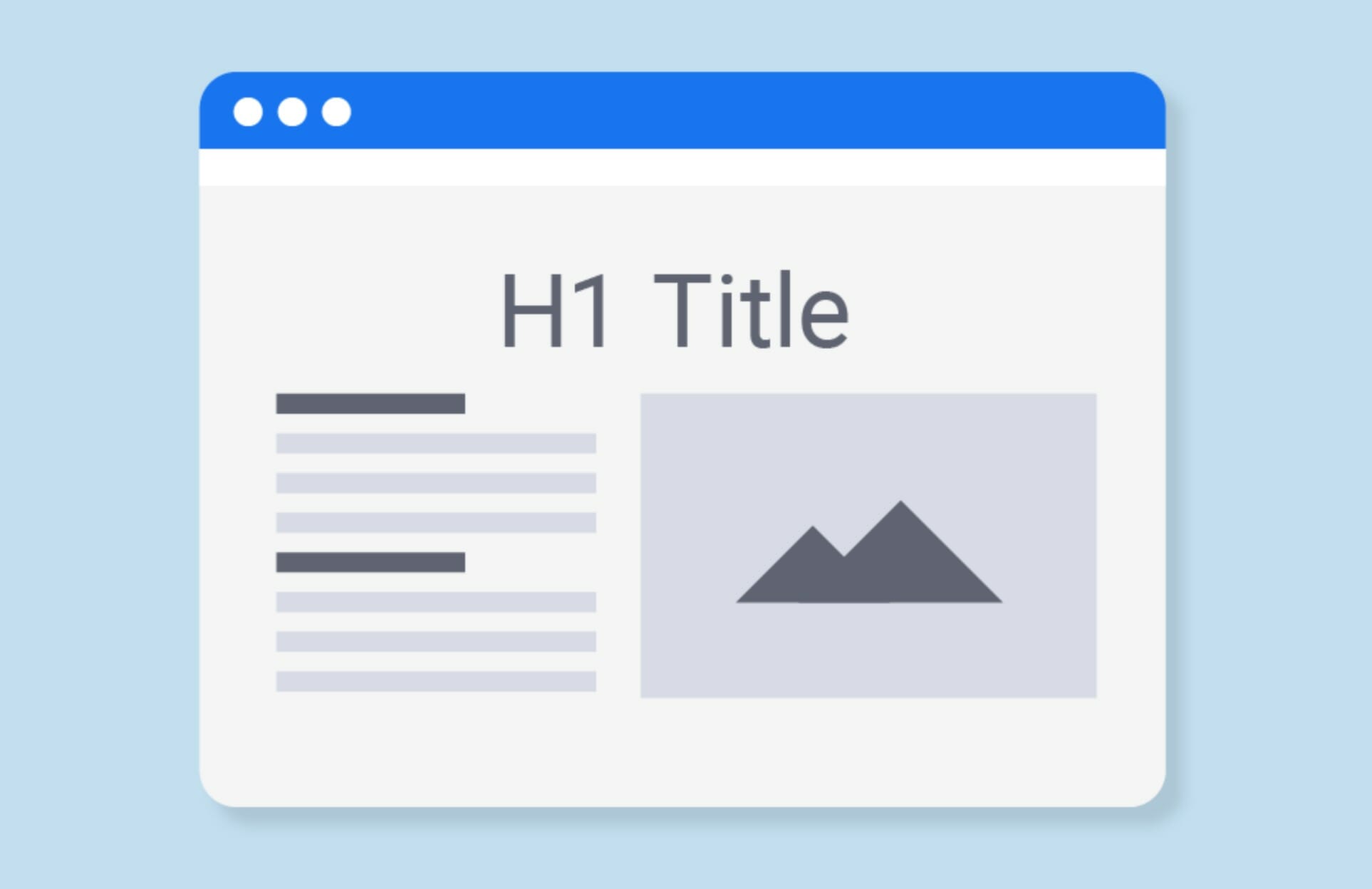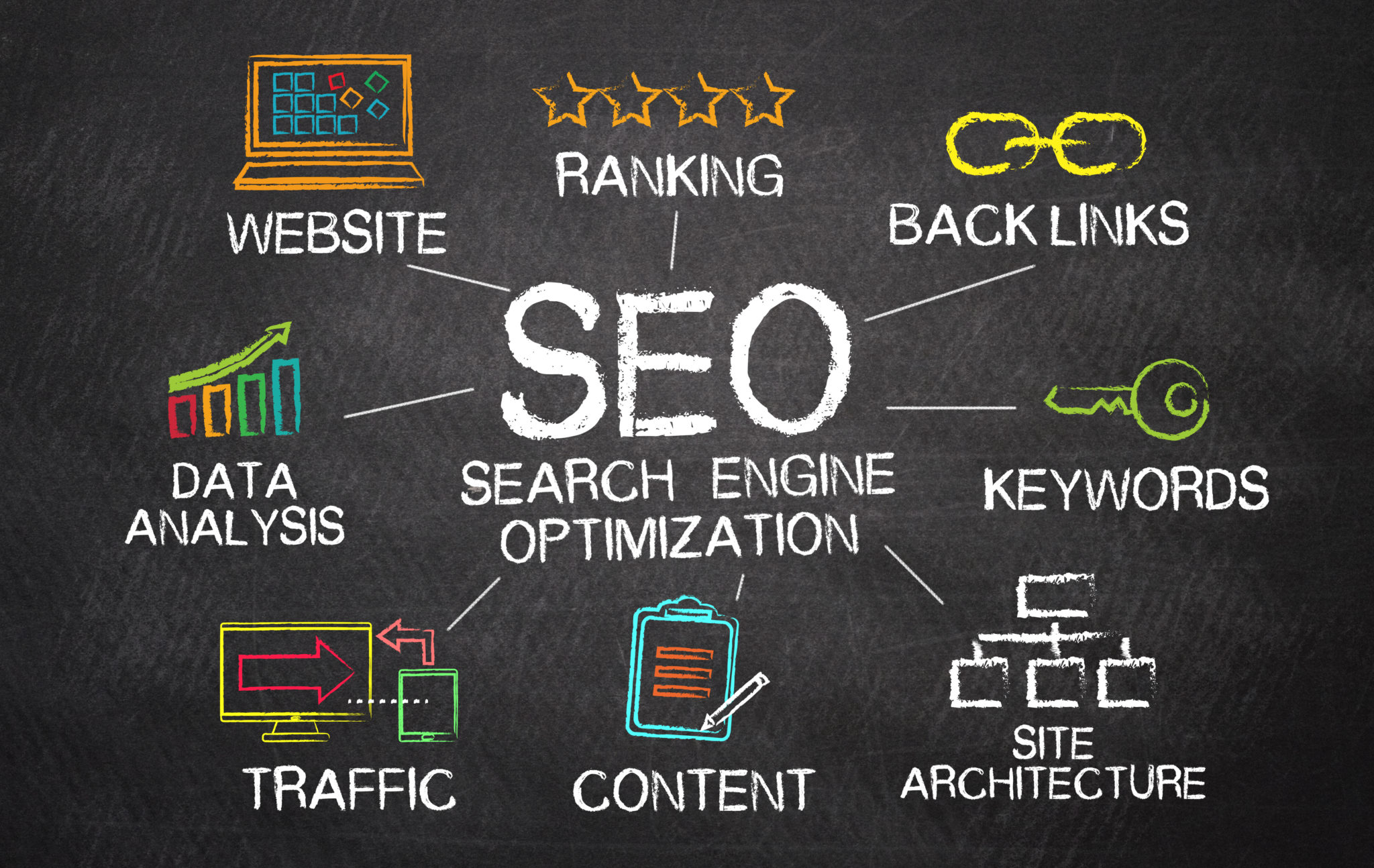What is On-Page SEO?
On-Page SEO (Search Engine Optimization) refers to the practice of optimizing individual web pages to rank higher and earn more relevant traffic in search engines. It involves both the content and HTML source code of a page that can be optimized, as opposed to off-page SEO which refers to links and other external signals.
How does On-Page SEO work?
On-Page SEO works by making a website more understandable and relevant to both search engines and users. This involves optimizing various elements on the page, including:
- High-quality, relevant content
- Title tags and meta descriptions
- Header tags (H1, H2, H3, etc.)
- Internal linking structure
- URL structure
- Image alt text
- Page loading speed
- Mobile responsiveness
Search engines use these elements to understand what a page is about and how well it answers a user’s query. The better optimized these elements are, the higher the chance of the page ranking well in search results for relevant keywords.
What are the benefits of On-Page SEO?
On-Page SEO offers several key benefits:
- Improved search engine rankings: Well-optimized pages are more likely to rank higher in search results, increasing visibility to potential visitors.
- Increased organic traffic: Higher rankings typically lead to more clicks and visits from search engine users.
- Better user experience: Many on-page SEO practices also improve the overall usability and readability of a website.
- Higher conversion rates: When visitors find exactly what they’re looking for due to well-optimized pages, they’re more likely to convert.
- Cost-effectiveness: Unlike paid advertising, the traffic gained from on-page SEO doesn’t have a per-click cost.
- Long-term results: While it may take time to see results, the effects of good on-page SEO can be long-lasting.
- Insight into user intent: The process of on-page SEO often provides valuable insights into what your target audience is looking for.
Who can benefit from On-Page SEO?
On-Page SEO can benefit virtually anyone with a web presence:
- Business websites: From small local businesses to large e-commerce sites, on-page SEO can help increase visibility and drive more potential customers.
- Bloggers and content creators: Proper on-page SEO can help content reach a wider audience.
- Non-profit organizations: Improved visibility can help spread awareness and attract donors or volunteers.
- Educational institutions: Universities and schools can use on-page SEO to make their resources more discoverable.
- Government websites: On-page SEO can help make important information more accessible to citizens.
- Personal websites and portfolios: Individuals can use on-page SEO to improve their online presence for career opportunities or personal branding.
As search engines continue to be a primary way people find information online, on-page SEO remains a crucial practice for anyone looking to maximize their digital visibility and effectiveness.

The Good Fellas Growth Plan: Unlock Your Business Potential
Are you struggling to grow your small business in today’s competitive market? You’re not alone. Limited knowledge of digital marketing, tight budgets, and time constraints make it difficult for small business owners to stand out and attract more customers. Enter The Good Fellas Growth Plan—a practical, results-focused solution designed for…

Use WordPress Featured Images for Better Engagement and SEO
Did you know that over 90% of the information transmitted to the human brain is visual? This fact emphasizes just how crucial it is to optimize your WordPress featured images to captivate and engage your audience. In this guide, you’ll learn everything you need to know about adding, designing, and…

WordPress Loop Customizations: Master Your WordPress Theme Development
The WordPress Loop is a core component of WordPress, responsible for displaying content dynamically. Mastering the Loop is key for developers and website owners who want to build engaging, customizable, and SEO-friendly websites. Whether you're a beginner or experienced in Custom WordPress Development, understanding the Loop opens up countless possibilities.…

What Are Heading Tags? A Complete Guide for Beginners
Heading tags, also known as HTML headers or simply "headers", are fundamental elements of HTML (Hypertext Markup Language) that define the structure and hierarchy of content on a webpage. These tags, ranging from <h1> to <h6>, are crucial for both organizing your content for readers and helping search engines understand…

Use SEO To Drive Traffic And Boost Your Online Presence
Welcome to our comprehensive exploration of Search Engine Optimization (SEO). In today's digital landscape, mastering SEO is crucial for enhancing online visibility and driving traffic to your website. As an experienced SEO professional, I aim to provide valuable insights and real-life examples demonstrating effective SEO strategies' transformative power. Together, we'll navigate…

SEO For Beginners: How To Do SEO
Imagine skyrocketing your website's traffic and seeing a return on investment of 13 times your initial spend. This isn't a fantasy—it's the reality for businesses that master SEO. Forbes highlights the undeniable power of effective SEO strategies. If you're ready to transform your online presence and drive real, tangible results,…